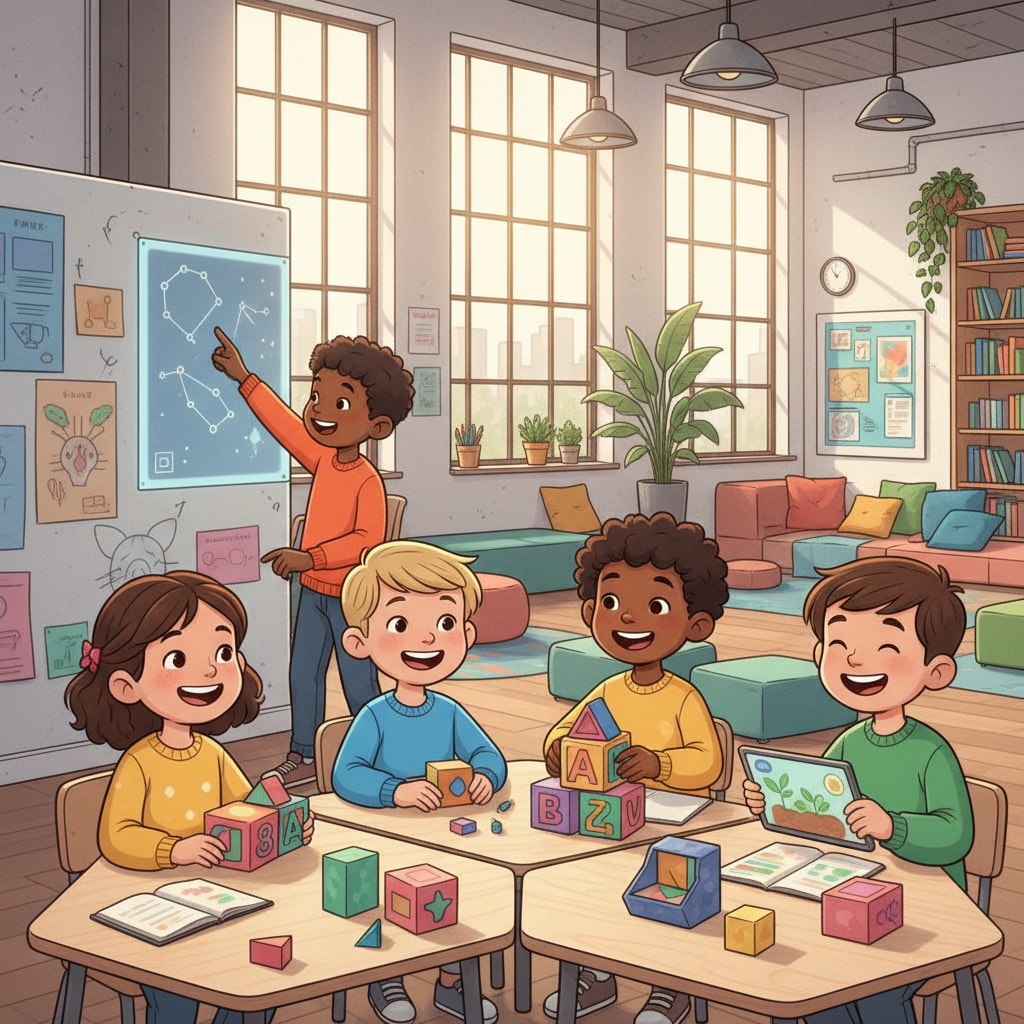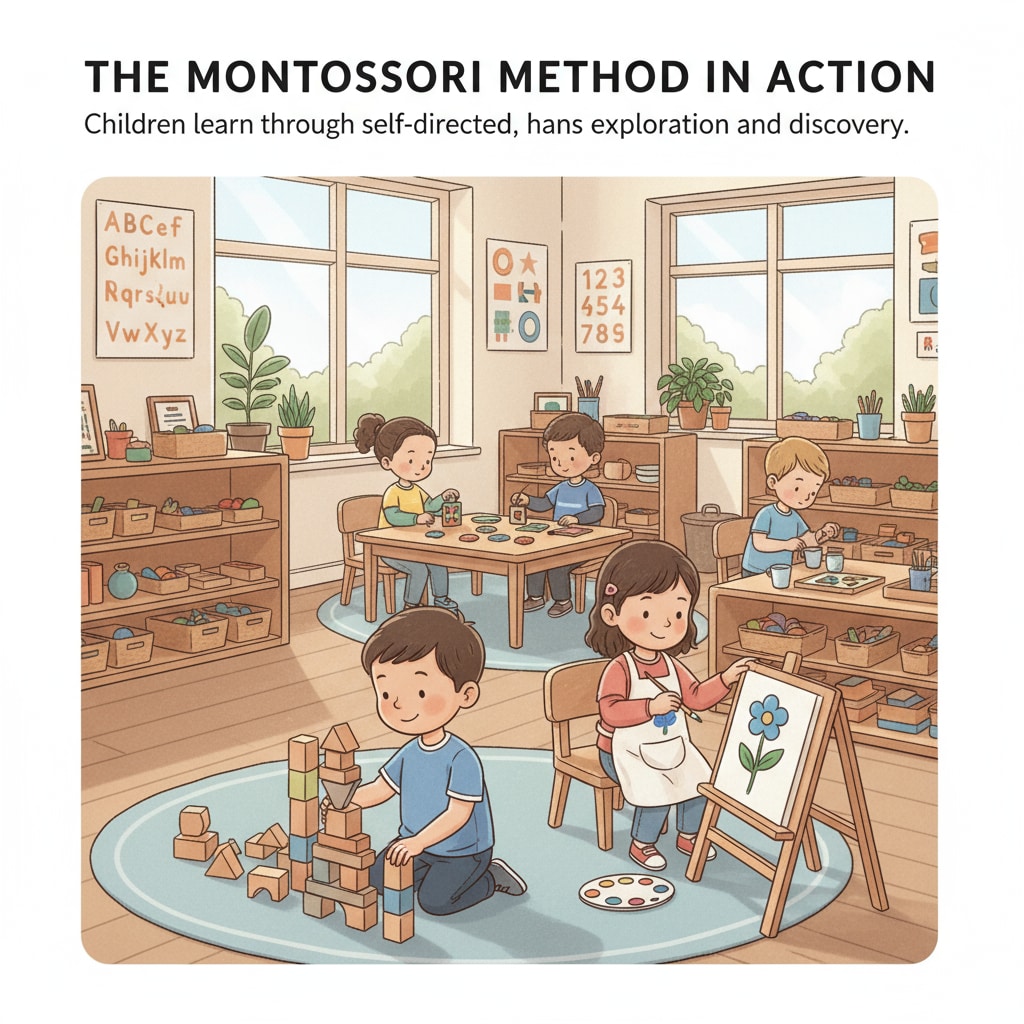Educational choices, school trauma, homeschooling, and alternative education are crucial topics in today’s parenting landscape. Many parents are becoming increasingly aware that traditional school education might not always be the best fit for their children, potentially causing school trauma and dampening the natural learning enthusiasm that children are born with.

As we explore different paths, it’s essential to understand how to protect and nurture that precious learning spirit.
The Drawbacks of Traditional School Education
Traditional school education, while having its merits, often comes with certain drawbacks. One of the main issues is the standardized curriculum. This one – size – fits – all approach fails to account for the diverse learning paces and interests of individual children. For example, a child who is passionate about art might find themselves spending excessive time on math drills, which can lead to boredom and disengagement. According to Britannica, this lack of customization can cause students to lose their initial enthusiasm for learning.
Another problem is the highly competitive environment in many schools. The pressure to achieve high grades, often at the expense of understanding and enjoyment, can create stress and anxiety among students. This stress can be a form of school trauma, as it may make children reluctant to go to school or engage in learning activities. In addition, the rigid classroom structure and strict rules can limit children’s creativity and freedom of exploration.
Montessori Education: A Child – Centered Approach
Montessori education is an alternative that puts the child at the center of the learning process. In Montessori schools, children are given the freedom to choose their activities within a prepared environment. This environment is carefully designed to stimulate different aspects of a child’s development, including cognitive, social, and emotional.

For instance, they can choose to work with educational materials that interest them, such as puzzles that enhance problem – solving skills or art materials that foster creativity.
The Montessori method also emphasizes hands – on learning. By allowing children to interact directly with materials, they gain a deeper understanding of concepts. Teachers in Montessori schools act as guides, observing the children’s interests and providing appropriate support. This approach helps children develop a love for learning as they are actively involved in their own educational journey. As stated on Wikipedia’s Montessori education page, Montessori education has been proven to enhance a child’s self – confidence and independence.
Democratic Schools: Empowering Students
Democratic schools offer another alternative to traditional education. These schools operate on the principle of student empowerment. Students have a say in the school’s decision – making process, from setting rules to choosing what to study. This sense of ownership makes them more invested in their learning.
In democratic schools, the curriculum is often flexible. Students can pursue their interests and passions, whether it’s a rare hobby or an academic subject not commonly covered in depth in traditional schools. For example, a student interested in environmental activism might be able to design and implement a project within the school. This freedom encourages students to take initiative and develop a genuine enthusiasm for learning. As a result, they are less likely to experience school trauma and more likely to retain their natural curiosity.
Homeschooling: Tailoring Education at Home
Homeschooling is a popular form of alternative education. It allows parents to customize their child’s education according to their unique needs, interests, and learning style. At home, children can learn at their own pace, without the pressure of keeping up with a large group of peers.
Parents can create a learning environment that is conducive to their child’s growth. For example, if a child loves nature, they can incorporate outdoor activities and nature studies into the curriculum. Homeschooling also provides the opportunity for more one – on – one interaction, which can enhance the learning experience. However, it’s important for parents to ensure they have the resources and support to provide a well – rounded education. As an alternative to traditional schooling, homeschooling can effectively protect a child’s learning passion.
Readability guidance: In this article, we’ve explored different educational options as alternatives to traditional schooling. By understanding the drawbacks of traditional education and the benefits of Montessori, democratic schools, and homeschooling, parents can make more informed educational choices. These alternatives aim to prevent school trauma and keep children’s natural learning enthusiasm alive. Each of these models offers unique ways to engage children in learning, whether through a child – centered approach, student empowerment, or personalized home – based learning.


